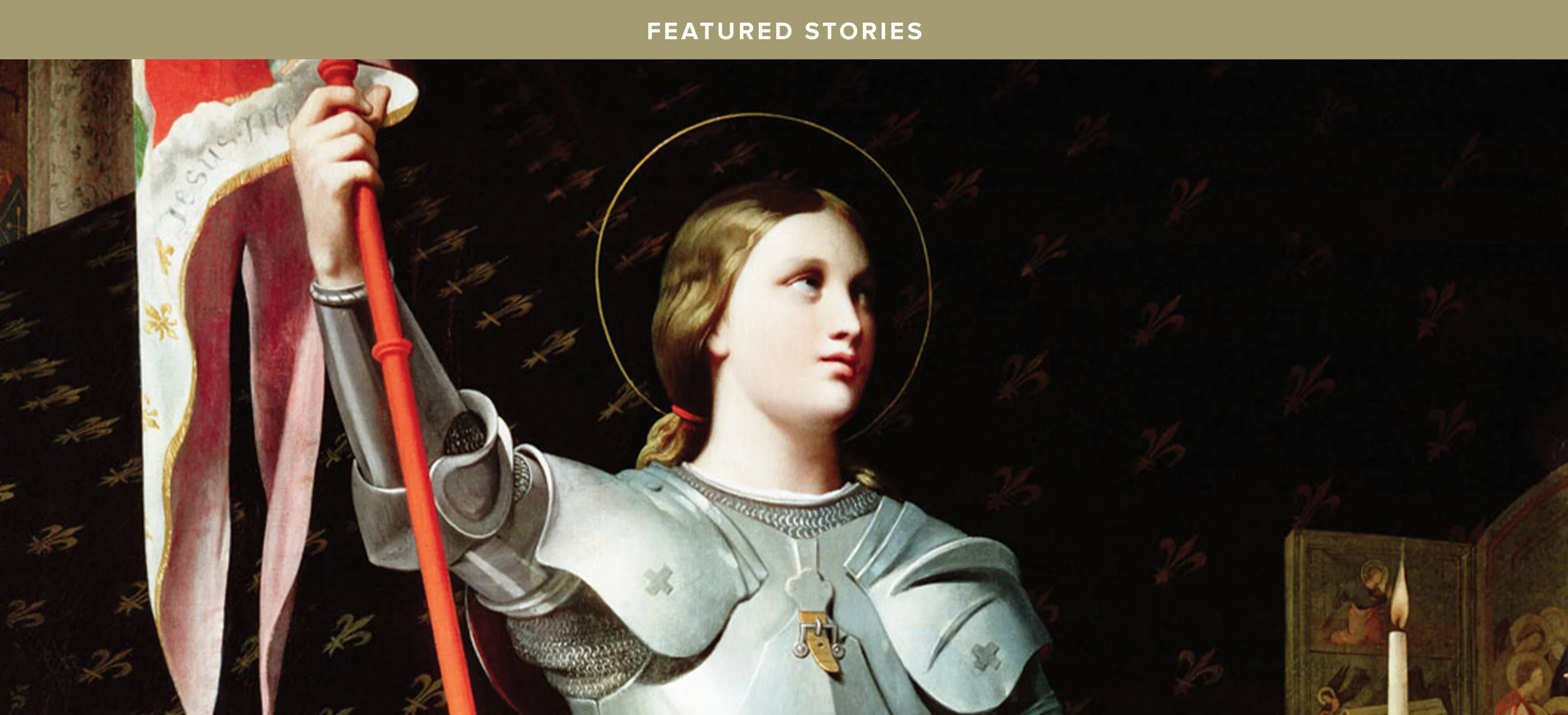The Audies… 2018
In Ecclesiastes 12:2, Solomon laments, “Of the making of many awards there is no end...”
Well, okay, that’s not true. He actually said, “of the making of many books there is no end.” But with every Spring we see a parade of award-giving – the Oscars, the Grammys, the Emmys, the Golden Globes, the Peabodys, and a myriad of others most of us don’t know. Many are self-congratulatory. Some are thinly-veiled excuses to preach to the unclean masses about our misguided beliefs and practices. Few applaud faith-affirming stories and artistry that celebrate old fashioned notions of virtue and courage and life. God is rarely to be found except, perhaps, as a token to receive a brief “thanks” from a recipient.
Late in all this hub-bub, the Audie Awards, presented by the Audio Publishers Association (a subset of the American Book Association), acknowledges high quality work in the world of audio books and drama. For a dozen years, as I worked with Focus On The Family Radio Theatre, we received multiple nominations for our productions of classic stories like The Chronicles of Narnia, original productions like The Father Gilbert Mysteries and The Luke Reports: Eyewitness Accounts of the Life of Jesus. The latter took me by surprise when it won the Best Audio Drama award that year.
The surprise came for a variety of reasons. Not only were we competing with bigger budget efforts from better-known names and companies, but the counter-cultural faith-based nature of our work led me to assume we didn’t stand a chance. Yet, there I was, dressed in a tuxedo and stammering through a cliched “I really didn’t expect this” kind of speech.
It was a similar situation this past week at the Audie Awards in New York, minus the tuxedo (no longer required) and speech (no longer desired). The Augustine Institute Radio Theatre production of Brother Francis: The Barefoot Saint of Assisi was nominated for Best Audio Drama, alongside productions from a few substantial New York houses. Sitting in the audience with Dr. Tim Gray, I couldn’t fathom the possibility that we could win. As popular as Saint Francis seems to be, his extreme dedication to his faith and the Church make him an outsider in the politically-charged agenda-driven nature of the awards season. And yet, Brother Francis was given the Best Audio drama award.
A good friend who has inside information about the inner-workings of the Audies later explained why the win was so unusual.
First, the story of Saint Francis was “unapologetically, unequivocally Christian / Catholic.” By any standard, the win was extraordinary.
Second, the production came from an unknown entity. Few, if any, knew anything about the Augustine Institute Radio Theatre, compared to the majority of winners and finalists in previous years, including the very popular LA Theatreworks and the formidable Audible Studios. (It has been several years since Focus On The Family Radio Theatre has produced anything to enter at all.)
There are several lessons I’ve learned from this particular honor. One, I’ve known for years: we cannot predict what will become of the work we do. It is for us, as producers, to do the very best we can and then leave the rest to God and the Audience.
Even in times as fractured as ours, there is always a place for a “good story well told” – as long as we resist the temptation to preach and proselytize in the telling. Strong characters and compelling plotlines can, and often do, win against stereotypes and agenda.
I can’t help but think of a situation straight from the life of Francis himself. Late in his short life he went to the front lines of the Crusade and tenaciously crossed enemy lines to meet with the Great Sultan. He unapologetically announced that it was his intention to tell the Sultan about Jesus, with the hope of persuading him that Jesus was indeed the Son of God. He did not insult the Sultan, nor attack the Muslim faith, but held firm in his conviction that Jesus was the more compelling One to follow. Legend tells us that the Sultan almost converted, choosing not to out of fear for his life and his reign. Not only did he release Francis but gave him safe escort throughout the Holy Land.
Contrast that to the handful of followers from Francis’ own order. They enthusiastically crossed enemy lines in another part of the world to proclaim that Mohammed was Satan and all Muslims should reject his lies and become Christians. They were promptly executed.
I am not comparing the judges of the Audie Awards with ancient Muslim regimes, but I am comparing Francis’ approach with the approach taken by his followers. The former was a respectful and compelling proclamation of the Truth, spoken without attacking the beliefs of his listener. The latter was an assault, without regard for the listeners’ deeply-held convictions. Arguably there is a time and a place for both approaches.
But, now? I think we gain more from mimicking what dear Saint Francis modelled. Stories well told need not have axes to grind or use the Truth as a blunt instrument. It is enough to present convincing characters and interesting plots in a way that will attract the listener to the deeper themes within.
I don’t believe our productions will always win awards or even receive recognition from prestigious organizations and critics. That’s not why we do what we do. But my hope always remains that, whether we win or lose, we always did the very best we could and nothing less.
Paul McCusker is Writer and Director of the Augustine Institute Radio Theatre production of Brother Francis: The Barefoot Saint of Assisi, winner of the 2018 Audie Award for Best Audio Drama.








